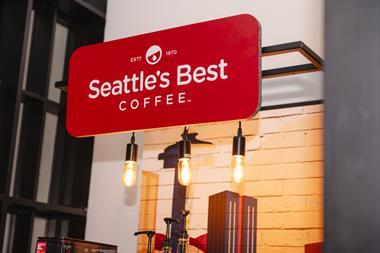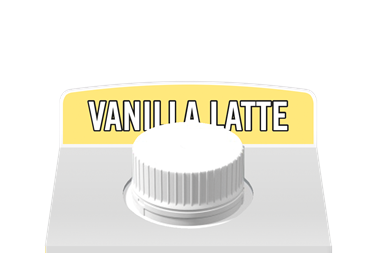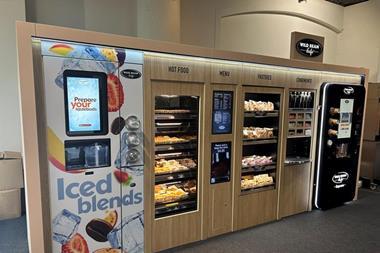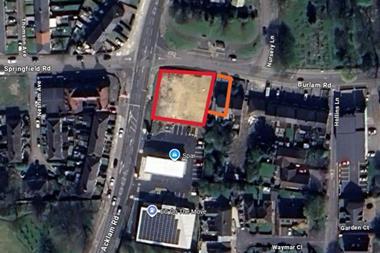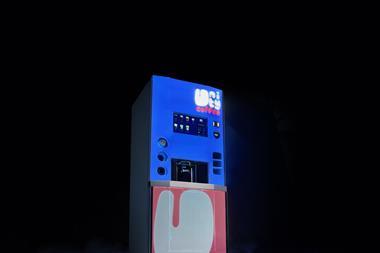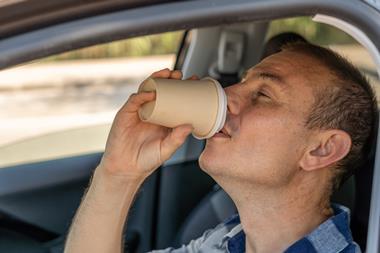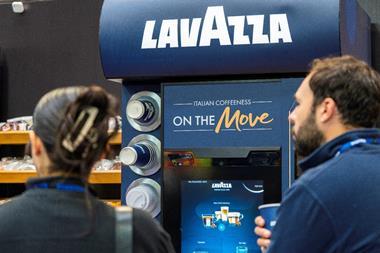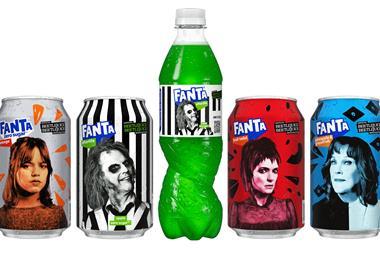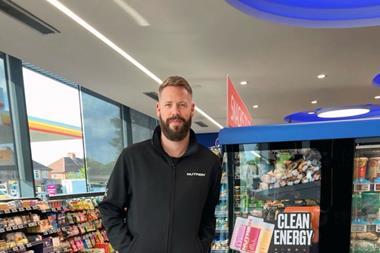
Something is brewing in coffee to go in the forecourt world. After years of dominance, Costa is facing competition from a significant new player, a premium Italian brand that has a 130-year heritage, and prides itself on roasting its beans authentically in Turin, Gattinara, and Pozzilli. Its ubiquitous maroon-branded competitor roasts its at the less evocative Basildon in Essex.
Like Costa Coffee, Lavazza – its colour theme is dark blue – uses fresh milk in its machines, important in a UK market dominated by milk-based coffees such as latte, cappuccino and flat whites. And it is a name already known by UK shoppers, with its retail packs of coffee beans household favourites.
It also has an infrastructure already in place to service over 50,000 machines in locations throughout the UK, including offices, hotels, staff rooms, and 300 John Lewis staff facilities.
And now after unveiling its first customer facing self-service units at The Forecourt Show in May it has signed up 10 forecourt operators prepared to give it a try at their busy roadside locations.
The family-owned business was originally founded by Luigi Lavazza, and is now run by his great grandson, and chairman Guiseppe.
The family has developed a range of what it calls “coffee shop barista style” hot drinks which it says will appeal to the more discerning coffee drinker on the road.
Several forecourt heavyweights have already signed up with Lavazza, installing the machines which dispense caramel, hazelnut and vanilla syrups, as a free add on to the range of coffees which include americano, latte, cappuccino, and mocha, as well as hot chocolate, and also tea.
Independent operators such as The Pricewatch Group, and David Charman of Parkfoot Garage have the machines, and other operators are about to join them, including Top 50 Indie Platinum Retail, which is taking the option of dispensing drinks with oat milk as well as fresh dairy milk.
So are consumers ready for something different to the usual Costa, Starbucks, Smokin’ Bean, and Seattle’s Best Coffee options usually found at petrol stations? David Charman says that since replacing his two Smokin’ Bean machines with Lavazza, sales have increased from a typical 130 day to a high of 240. He charges £2.75 for a regular and £3.10 for a large cup. It has been good to offer something fresh, he says.
Shaking things up not only helps generate consumer interest, it also keeps established suppliers on their toes in this sector. One retailer who made the switch to Lavazza told Forecourt Trader that he was fed up with being let down on the maintenance side of the business having been with his previous supplier for over a decade.
Lavazza’s head of coffee to go Zain Hyde says that a priority for the business is to make “genuine partnerships” with retailers “so that aftercare and support is as good as the coffee coming out of the machines”. He is promoting a package whereby the machine, stock and servicing is free to operators who take a share of the profits with Lavazza.
Being a family business he believes will resonate with other forecourt operators too, and allows for flexibility.
And the business ticks the box for sustainability, helping to support coffee bean growing communities with 10 million euros of donations every year from its Lavazza Foundation, to promote economic, social, and environmental sustainability projects.
This all looks encouraging on paper, but it remains to be seen of course how many forecourt operators will be tempted to switch from maroon to blue in this growing and lucrative part of their business. One thing is for sure, however, and that is in an on-the-move era, self-serve coffee will continue to play a pivotal role in petrol stations for many years.





















